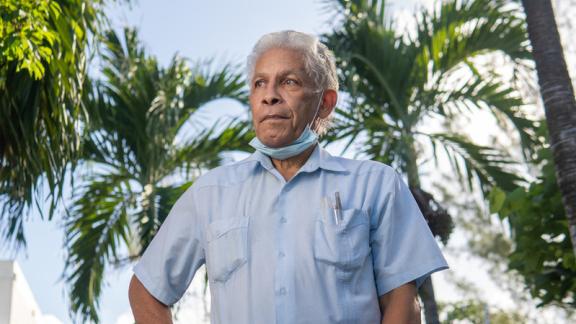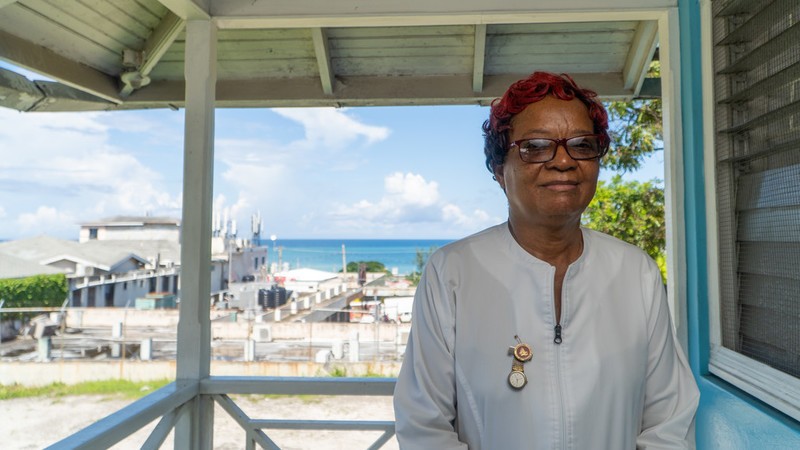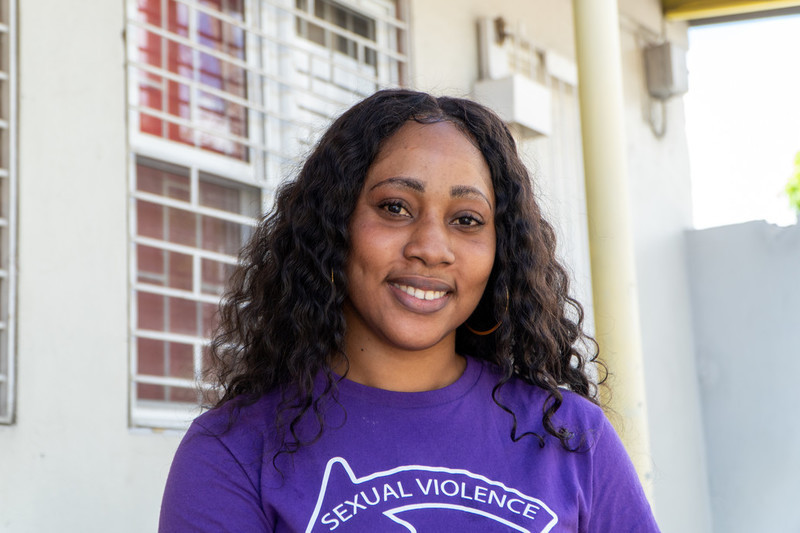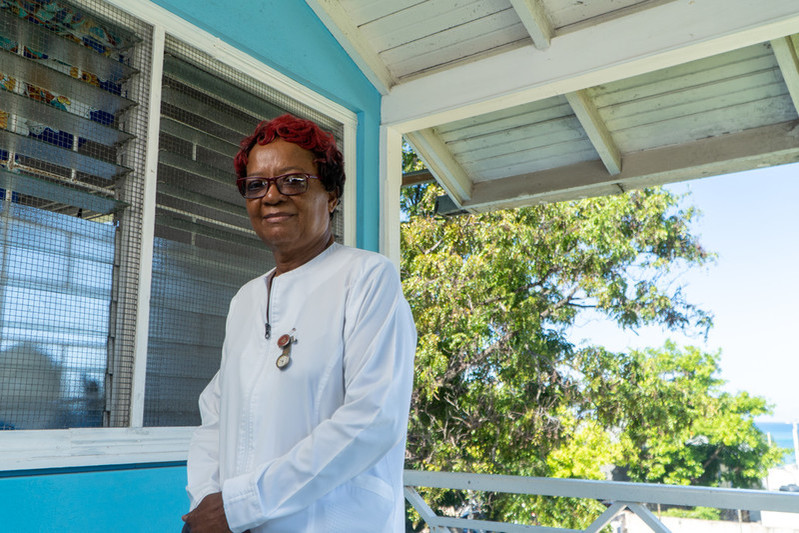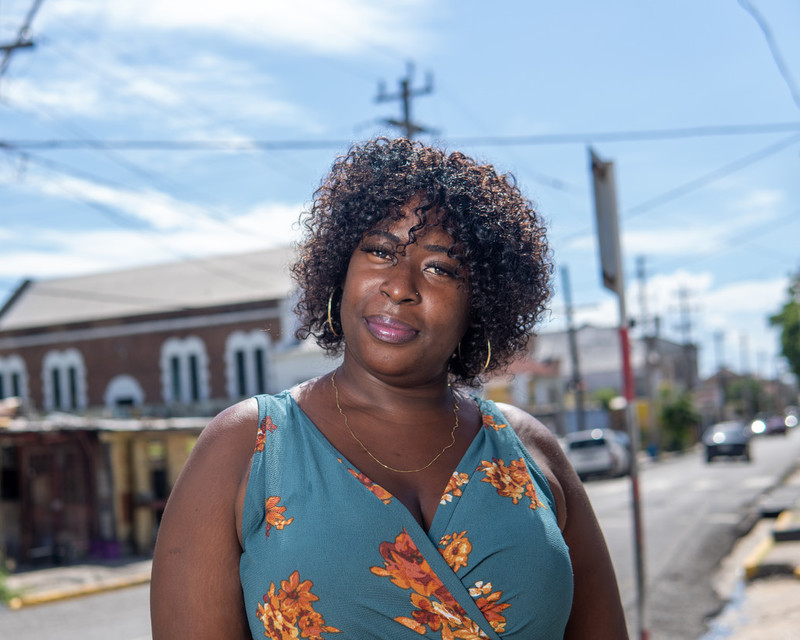Dr McKoy has committed his life to ensuring equality of healthcare provision for women and men at the Jamaica Family Planning Association (FAMPLAN).
Expanding contraceptive choice
Returning to Jamaica from his overseas medical studies in the 1980s, Dr McKoy was frustrated and concerned at the failure of many Jamaican males to use contraception.
This led him to making a strong case to integrate male sterilization as part of FAMPLAN’s contraceptive care package. Whilst the initial response from local males was disheartening, Dr McKoy took the grassroots approach to get the buy-in of males to consider contraception use.
“Someone once said it’s only by varied reiteration that unfamiliar truths can be introduced to reluctant minds. We used to go out into the countryside and give talks. In those times I came down heavily on men.”
Overcoming these barriers, was the catalyst he needed to ensure that men accessed and benefitted from health and contraceptive care. Men were starting to choose vasectomies if they already had children and had no plans for more.
Encouraging uptake of male healthcare
Dr McKoy was an instrumental voice in the Men’s Clinic that was run by FAMPLAN, encouraging the inclusion of women at the meetings, in order to increase male participation and uptake of healthcare.
“When we as men get sick with our prostate it is women who are going to look after us. But we have to put interest in our own self to offset it before it puts us in that situation where we can’t help yourself. It came down to that and the males eventually started coming. The health education got out and men started being more confident in the health services.”
Health and wellbeing are vital
McKoy advocates the importance of women taking their sexual health seriously and accessing contraceptive care. If neglected, Dr McKoy says it could be a matter of life death.
He recalls a story of a young mother who was complacent towards cervical screenings and sadly died from cervical cancer - a death he says which could have been prevented.
“Over the years I saw the opportunity to do cervical screenings at the clinic. The mobile unit gave us access to so many patients. We had persons who neglected to do it. One patient in particular - she was not yet 30 years old. She had three children and after every delivery she was told by the hospital to get a cervical screening. She didn’t do it and eventually got cervical cancer. When she was to do the cervical screening, she didn’t come. One morning they brought her and had to lift her up out of the car. At that time doctors said they couldn’t do anything for her. It wasn’t necessary. So, we had to go out more to meet people, educate them teach them the importance of sexual and reproductive health.”
That experience was his driving force to continue the work in providing sexual and reproductive healthcare and information through community outreach.
when
country
Jamaica
Subject
Contraception
Related Member Association
Jamaica Family Planning Association







